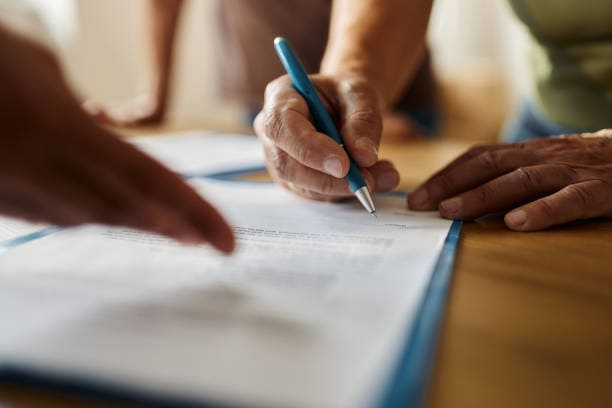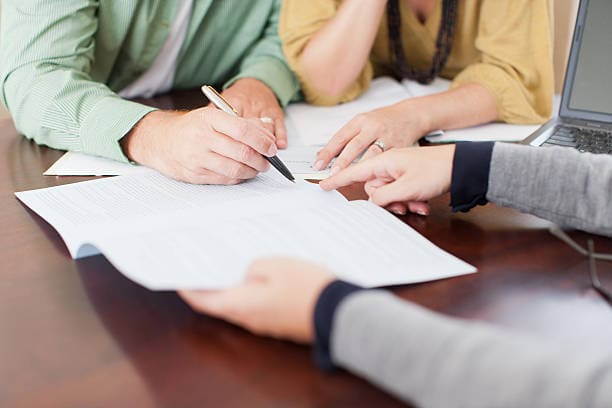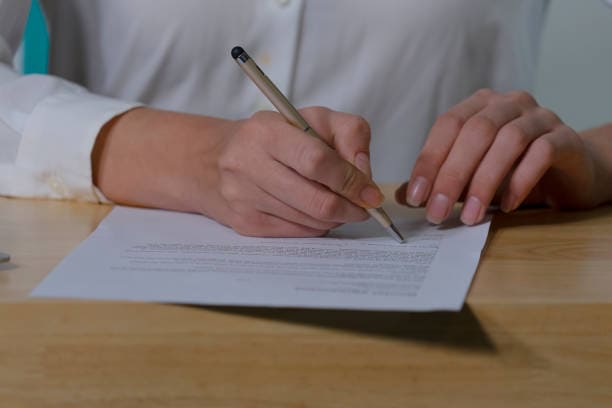

Who can witness a statutory declaration? Before we answer this question, let’s first understand what a statutory declaration means. Essentially, this is a written statement of facts that a person writes and declares to be true after signing. The party must sign and thereby declare the statement to be true in the presence of a witness.
You may have to use a statutory declaration for a variety of reasons, such as:
So, who can witness a statutory declaration? In Australia, a person who is authorised by law to witness documents can witness statutory declarations. This includes a:
It’s important to note that the person witnessing the statutory declaration must not have any personal interest in the matter being declared and must be satisfied that the person making the declaration understands the content and implications of the document.
The answer to ‘who can witness a statutory declaration’ may vary depending on the purpose of the statement and the legal matter it relates to. Depending on the purpose of the statement, you may have to follow either state, territory (local government authority) or Commonwealth laws.
This means that the requirement may further vary, and the people who can witness a statutory declaration form may differ. Given below is table demonstrating which laws and legislation (Commonwealth, state and territory laws) are relevant for this matter:
| Place | Legislation |
| Commonwealth & Australian Capital Territory | Statutory Declarations Act (1959) |
| Victoria | Oaths and Affirmations Act (2018) |
| New South Wales | Oaths Act (1900) |
| South Australia | Oaths Act (1936) |
| Tasmania | Oaths Act (2001) |
| Western Australia | Statutory Declarations Act (1959) |
| Northern Territory | Oaths Affidavits and Declarations Act (2010) |
| Queensland | Oaths Act (1867) |
The primary distinction is that documents certified by a Notary Public can be acknowledged and approved outside of Australia, while documents validated by a Justice of the Peace are only recognised within the country.
Additionally, while JP services are offered free of charge, Notary Public services come with recommended fees that vary by state or territory. To learn more about the suggested fees for notary services in NSW, please visit the Society of Notaries of NSW website here.
Firstly, under Commonwealth laws, the following people can witness a statutory declaration:

In order to make a declaration within New South Wales, it is mandatory to have an authorised witness who is either a justice of the peace or a lawyer.
However, if you are making the declaration outside of the state, you may do so before a notary public or any other person who is authorised to administer an oath in the particular country or state where the statutory declaration is being made.
In Queensland and Victoria, there is a designated group of individuals who can witness statutory declarations. The commonly accepted list includes a Justice of the Peace, police officer, court registrar, Judge or Magistrate, legal practitioner, bank manager, medical practitioner, optometrist, and dentist.
In Tasmania, to ensure the legal validity of a Statutory Declaration, it is necessary to sign it in the presence of a Justice of the Peace or Commissioner for Declarations.
The South Australia Attorney-General’s Department website provides a comprehensive list of witnesses in South Australia, and a similar list can be accessed on the Western Australian Government website as well. For instance, the list of witnesses includes government employees, lawyers, registered health practitioners, engineers, and accountants.
In the Northern Territory, witnessing a statutory declaration has comparatively lenient requirements. To be specific, any individual who is 18 years of age or older is eligible to witness a statutory declaration.

It is important to note that you cannot witness your own statutory declaration. Moreover, retired professionals cannot witness such statements. They have to be actively working in the field to be authorised witnesses.
How can JB Solicitors help with statutory declarations? Our lawyers can assist with statutory declarations in various ways, including:
For more information on Commonwealth statutory declaration, do not hesitate to speak with our friendly and experienced lawyers today. Contact us here.